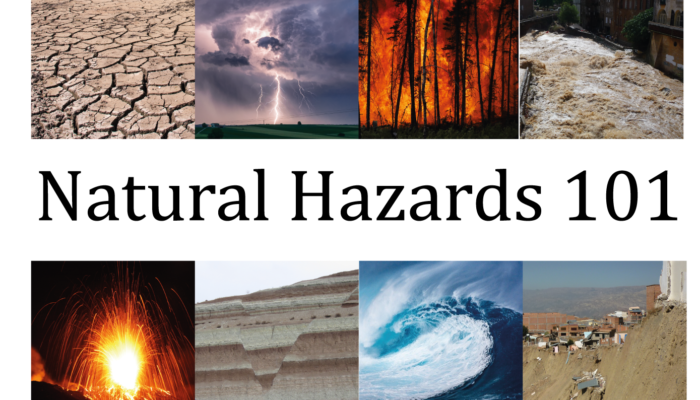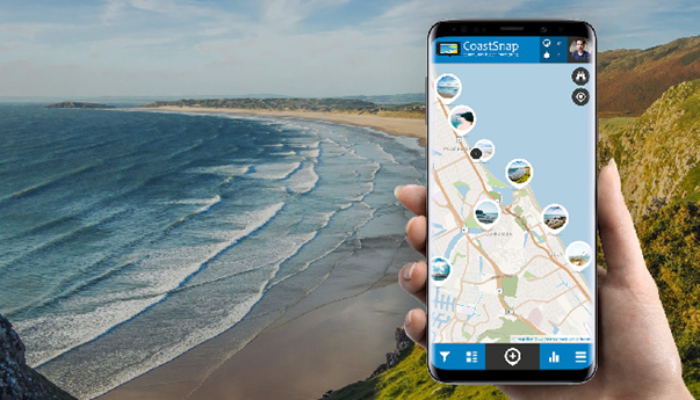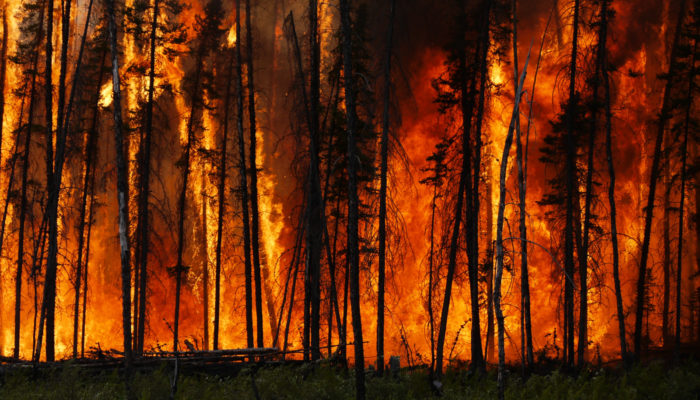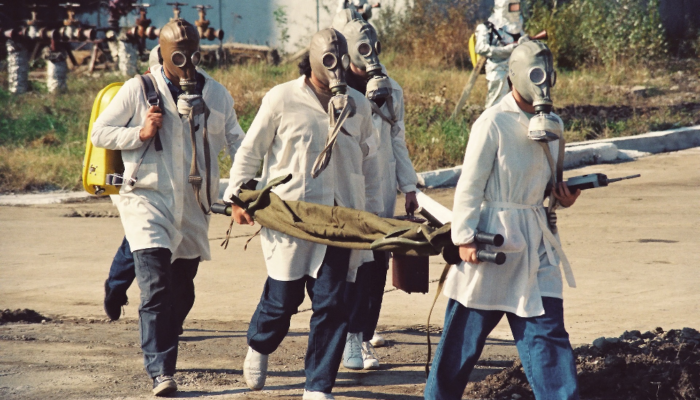CoastSnap is a global citizen science project aiming at monitoring the changes in our coastlines due to processes such as storms, rising sea levels, and human activities using smartphones. We will discover more about this promising project by chatting today with Dr Mitchell Harley, founder of the CoastSnap program. Mitchell is a Researcher and Senior Lecturer in the School of Civil and Environment ...[Read More]
Fire impacts on Earth across space and time: a discussion-driven conference
Earth is the only known planet with fire activity – everywhere else, there is not enough oxygen for this process to occur. Since fire appeared on Earth many millions of years ago, it has played a key role in the development of plant adaptation and the distribution of ecosystems. However, the natural occurrence of fire changed with the onset of human evolution. The purposeful use of fire for ...[Read More]
Who’s afraid of Natech?
Natural hazards that impact industrial sites and result in technological accidents, causing the release of hazardous substances, are referred to as Natech events. In the popular imagination, Natech accidents are triggered by major natural hazard events. However, experience tells us that low magnitude natural events, such as lightning or heavy rains, are sufficient to cause enormous adverse effects ...[Read More]
Natural Hazards 101: Forecasting and modelling

With the Natural Hazards 101 series, we mean to bring our readers closer to the terminology often used in the field of natural hazards, but that may not be so familiar. In the first episode of the series, we focused on the definition of hazard and natural hazard. We moved then to the concept of risk, which brought us to define exposure and vulnerability. Later on, we digested the disaster terminol ...[Read More]



